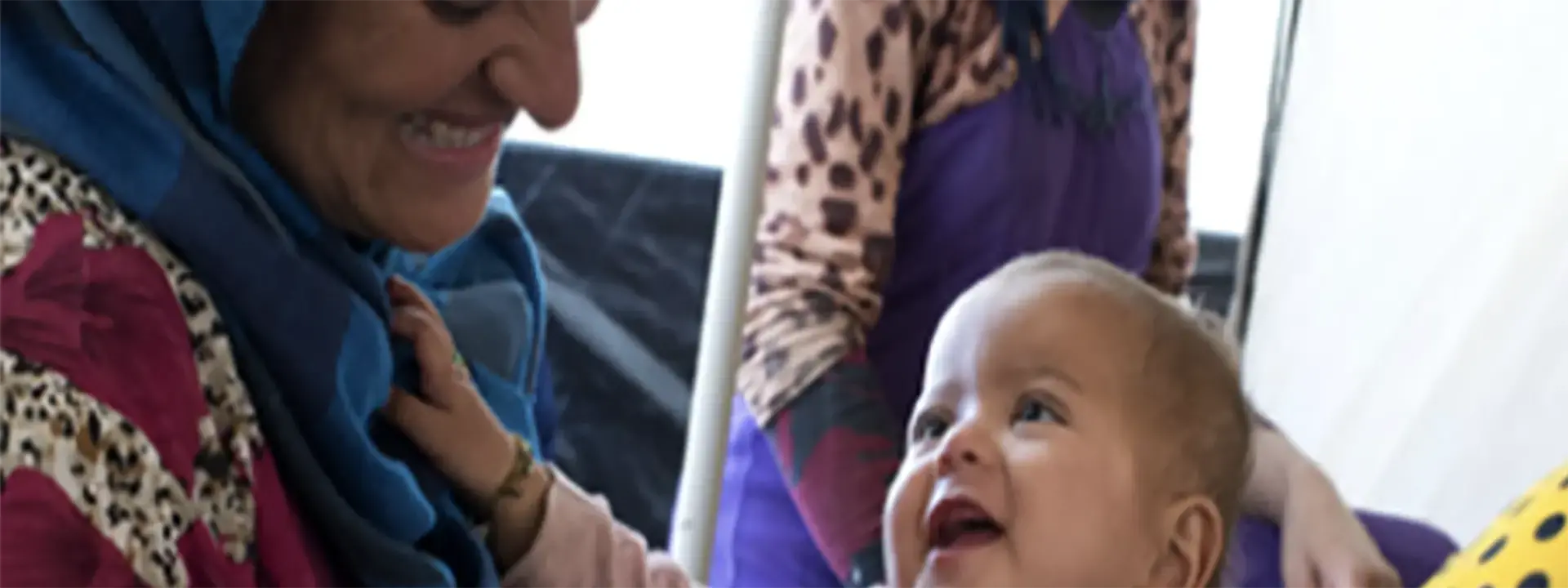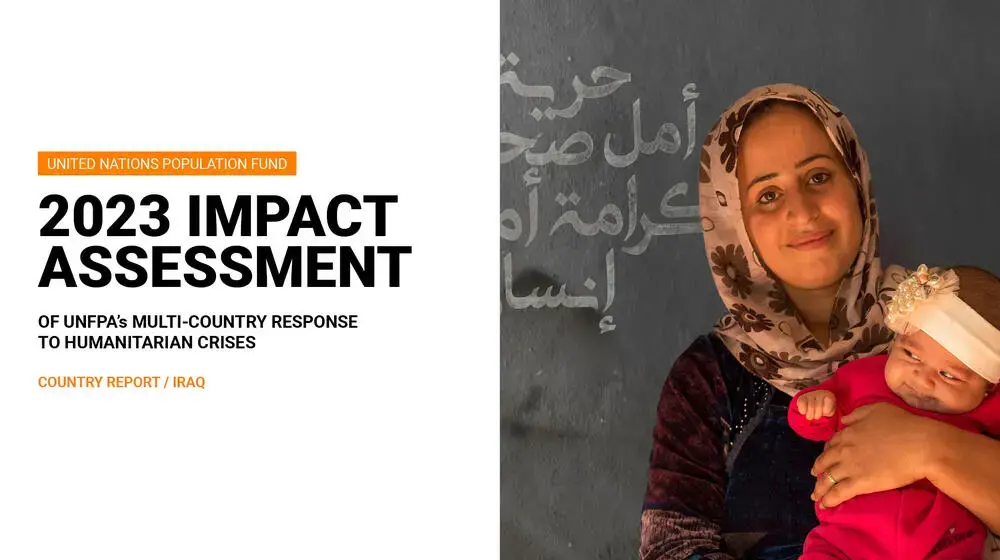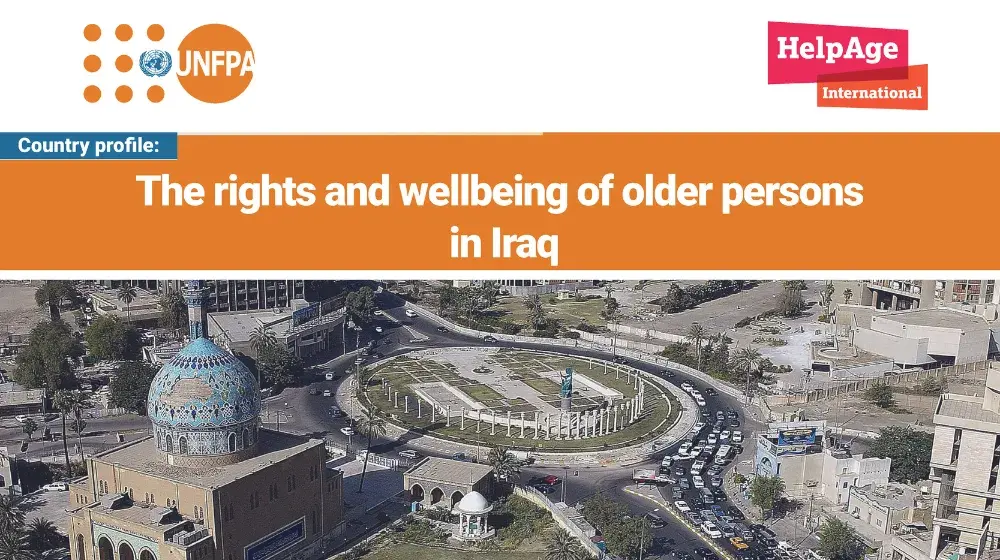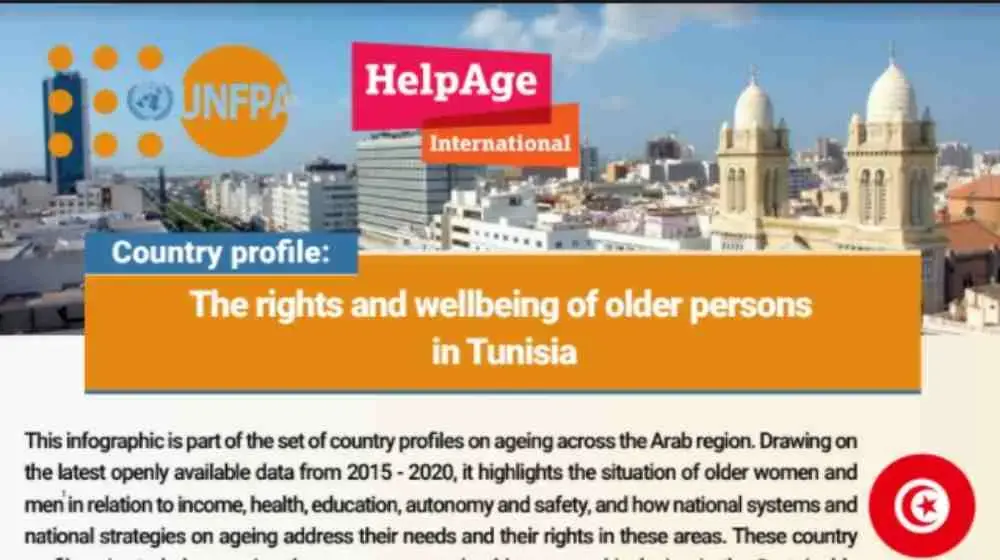On 9 December 2017, Iraq announced its victory against the Islamic State of Iraq and the Levant (ISIL). Nevertheless, the situation in the country remains unstable, with widespread humanitarian concerns. Years of conflict uprooted millions of people, disrupted access to basic services, destroyed livelihoods and led to increased protection risks.
The most vulnerable people in Iraq and those in acute need of humanitarian assistance are those directly affected by the 2014-2017 conflict against ISIL, particularly those who were displaced and whose lives and livelihoods were uprooted and destroyed.
In August 2019, the Government of Iraq consolidated and closed a number of IDP camps, with a stated goal of all IDPs returning home by the end of 2020. This however has been disrupted by the COVID-19 pandemic.
The needs of both returnees in areas of origin, and out-of-camp IDPs in need of assistance, mostly in areas in northern and central Iraq, are particularly severe.
The impact of the conflict continues to affect the physical and mental well-being, living standards, and capacity for resilience and recovery of millions of Iraqis. Exposure to violence and explosive ordnance resulted in many people sustaining physical and psychological injuries. Vulnerable people, including people with perceived affiliation to extremists, are among the most in need of assistance and at risk of rights violations.
UNFPA continues to support reproductive health clinics as well as maternity wards and hospitals in Iraq, including in nine refugee camps, six camps for internally displaced persons and seven returnee areas. The reproductive health facilities provide antenatal care, postnatal care, newborn care, breastfeeding support, and family planning services.
Furthermore, UNFPA manages 36 women centres to provide case management, referrals, counselling sessions, psychosocial support and recreational activities for women and girls, especially survivors of gender-based violence, and sexual violence.
In 2020, with the COVID-19 pandemic, UNFPA is stepping up and supporting the people of Iraq through the work with the Government of Iraq and the Kurdistan Regional Government on strengthening the national and local health system capacity to ensure access to GBV and SRH services, strengthening operational support, logistics, and support to the global supply chain, providing risk communication and community engagement for information and stigma reduction and finally ensuring access to SRH and GBV services for women and girls across the country.
For more information visit the Iraq emergency dashboard.





